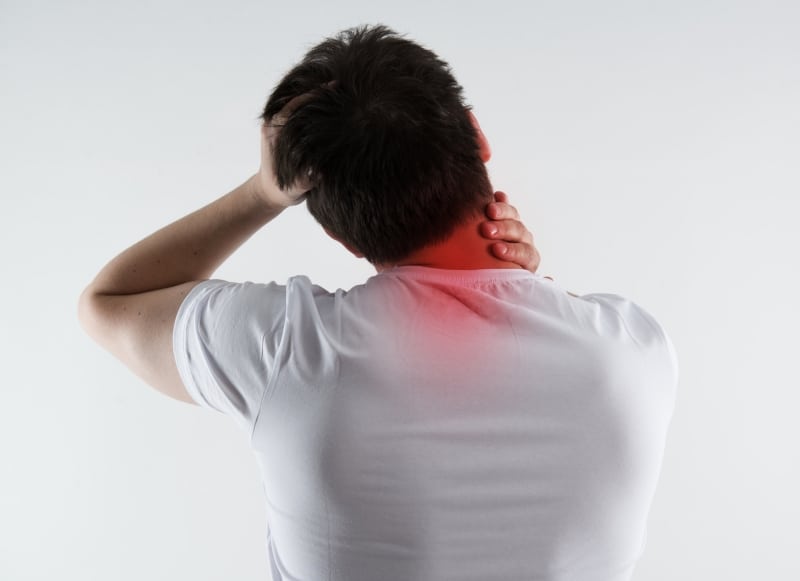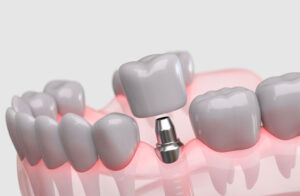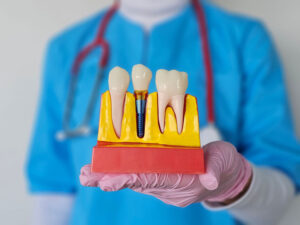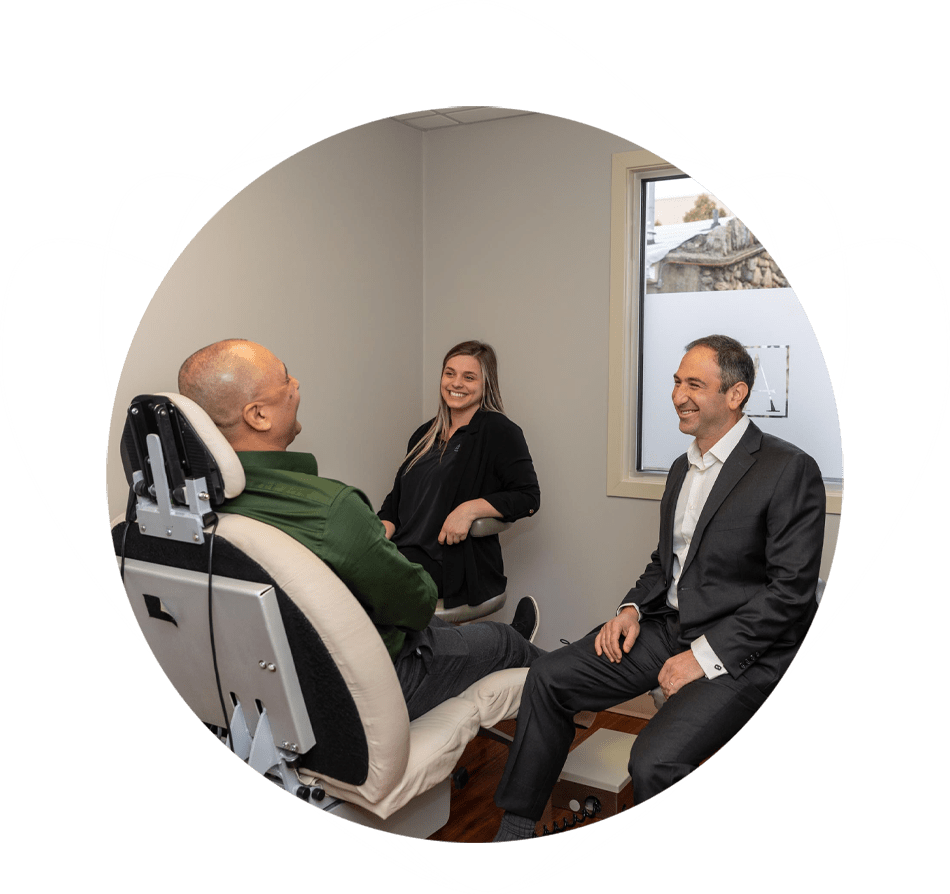One of the common misconceptions about TMJ is that it’s just a problem in the jaw joint. The truth is that although TMJ may begin as a jaw joint disorder, it can lead to systemic problems. Some of these TMJ symptoms can be seen in direct linkage with the jaw joint, caused by muscle problems, nerve pressure, circulatory obstruction, and even airway disruption that manifests as sleep apnea.
Other times, the connection is less clear, but nonetheless real. For example, a new study has shown that TMJ sufferers are much more likely to suffer pain in multiple joints. This doesn’t yet show that TMJ is the cause of the other joint problems, but it reminds us that TMJ is a multifaceted condition that has to be treated from a systemic viewpoint.
Identifying Joint Pain in TMJ Sufferers
To determine whether TMJ was associated with pain in other joints, researchers looked at 337 adults fairly evenly split between sufferers and nonsufferers: 165 and 172, respectively. Researchers used a broad definition of TMJ for this study. It included both simple displacement of the jaw joint as well as a painful, degenerative condition. Subjects were asked to identify the number and location of joint pains they experienced.
Comparing the responses, researchers found that TMJ sufferers were 5.5 times more likely to have other joint pain. And they were more likely to have pain in multiple joints. For TMJ sufferers, the average number of painful joints (not including the jaw) was three. For those without the condition, the average number of painful joints was two. The distribution was even more strongly skewed than those averages suggest. About 60% of TMJ sufferers had pain in three or more joints. In contrast, about two-thirds (67%) had pain in one joint or none.
Researchers proposed that this finding adds strength to the central sensitization theory of TMJ. In this theory, the brain becomes more sensitive to sensations and begins to register nonpainful stimuli as pain. Because it’s the brain that has been sensitized, it can manifest pain anywhere as a result.
Will Treating TMJ Help Other Joint Pains?
This study doesn’t show us whether TMJ pain causes other joint pains. It also doesn’t show that treating TMJ will reduce pain in your other joints. But the central sensitization model provides a mechanism that could mean treating TMJ will prevent these other joint pains.
One of the leading theories of what causes sensitization is the temporal summation model. In this explanation, the brain becomes sensitized after being exposed to long-lasting painful stimuli, such as chronic TMJ.
In this model, treating TMJ early could prevent the brain from becoming sensitized. This means that the other joint pains wouldn’t develop.
But what if you’re already sensitized? In that case, the level of pain you experience is amplified by the amount of stimuli coming in. Treating TMJ reduces the painful stimuli entering your brain, and could reduce the pain you feel not just in your jaw but in other joints as well.
Do you suspect that you have TMJ? If you’re looking for TMJ treatment in Westchester County, please contact us today for an appointment with a TMJ dentist at Advanced Dentistry of Mohegan Lake.





